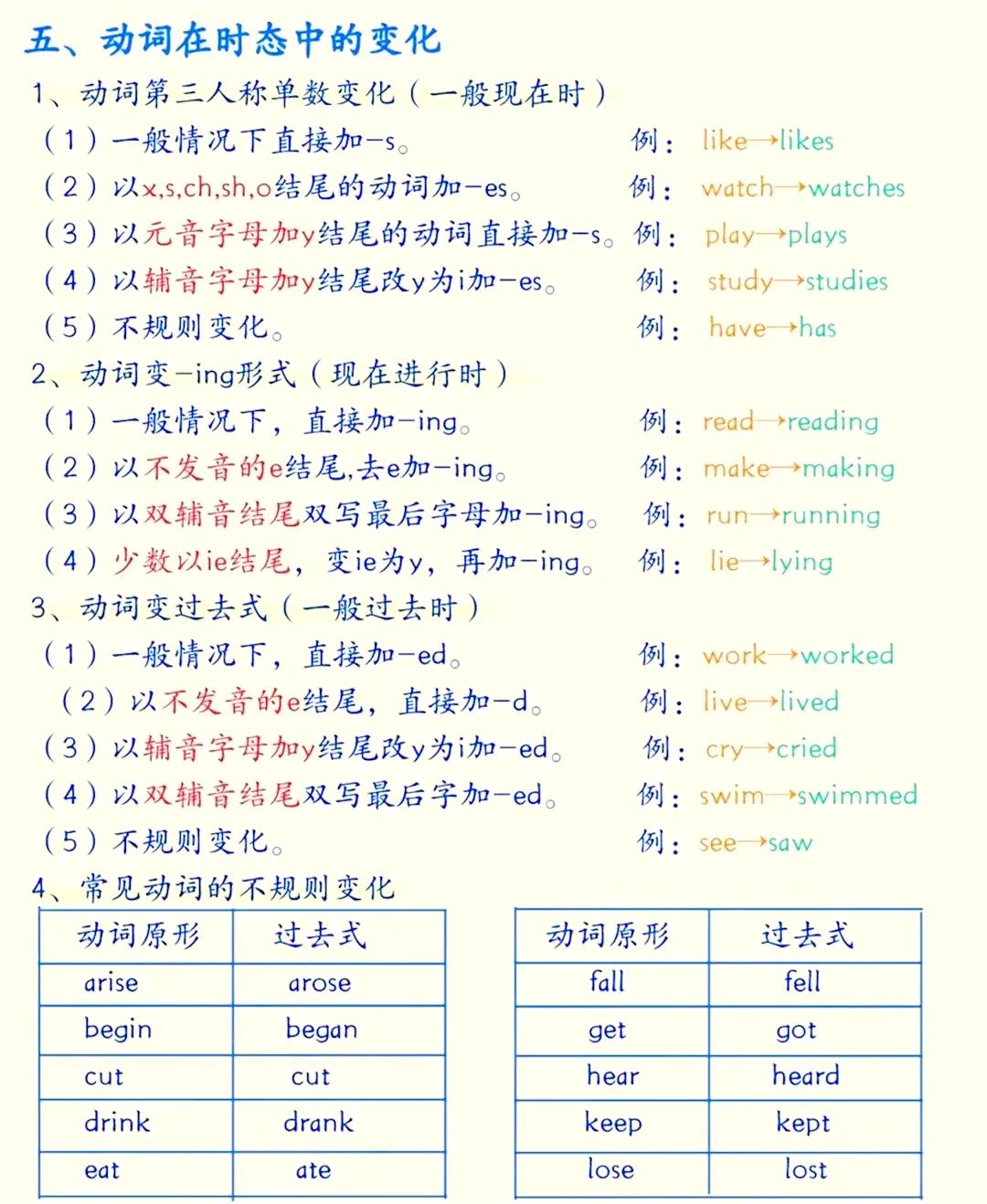第7期:English Pod - Virus 病毒
「晨读音频」


Hello, English learners, and welcome to my channel! I'm Reevs. Good morning!
大家好,欢迎来到懒人英语晨读栏目,我是Reevs,早上好呀!
I'm really looking forward to today's lesson.
我真的很期待今天的课程。
So, what is our topic for today?
所以我们今天的主题是什么?
Well, today we're talking about computer viruses.
那么,今天我们就来谈谈计算机病毒。
Okay, Let's listen to the dialogue and then when we come back, I will gladly explain interesting pronunciation tips, vocabulary and phrases in this dialogue.
好的,让我们来听听对话,当我们回来时,我会很乐意解释这段对话中的有趣的发音技巧、词汇和短语。
「对话文本」
Kyle: Oh great! This stupid computer froze again! That’s the third time today!
噢!这该死的电脑又不能用了!这已经是今天的第三次了!
Kyle: Hey Samuel, can you come take a look at my PC? It’s acting up again. It must have a virus or something.
你好,塞缪尔,能帮我检查下我的电脑么?它又出状况了。一定是有病毒或其他问题。
Samuel: Just give me a second. I’ll be right up.
稍等一下,我马上过来。
Samuel: I ran a virus scan on your computer, and it turns out that you have a lot of infected files!
我在你的电脑上运行了病毒扫描,结果显示你有很多文件感染了病毒。
Kyle: But I’m quite careful when I’m browsing the internet, I have no idea how I could have picked up a virus.
但我浏览网页时都很小心的,我不清楚这是怎么感染上病毒的。
Samuel: Well, you have to make sure that your anti-virus software is updated regularly; yours wasn’t up to date, that’s probably what was causing your problems.
那么,你必须确认你有定时更新你的杀毒软件;你的杀毒软件不是最新版,这可能是让你电脑出状况的原因。
Kyle: Ok. Anything else?
好的。还有其他原因么?
Samuel: Yeah, try not to kick or hit the computer!
尽量不要踢或拍打电脑!
Kyle: Um yeah... Sorry about that.
呃,好的......这个实在抱歉。

「重要发音技巧」
Welcome back, It's time for us to take a look at the pronunciation tips.
欢迎回来,现在一起来看一下对话中的发音技巧。
1. 辅元连读 Flap T:right up
对话中:Samuel: I'll be right up.
连读分析:前一个单词词尾为辅音,后一个单词开头为元音的时候,可以做辅元连读,读为/raɪtʌp/。
Flap T 分析:/t/在两个元音之间且非重读的时候,/t/可以读为一个很轻的/d/, 所以读为/raɪtʌp/。
复述:I'll be right up.
2. 辅元连读 Flap T:lot of
对话中:You have a lot of infected files.
连读分析:前一个单词词尾为辅音,后一个单词开头为元音的时候,可以做辅元连读,读为/lɑːtəv/。
Flap T 分析:/t/在两个元音之间且非重读的时候,/t/可以读为一个很轻的/d/, 所以读为/ lɑːtəv/。
复述:You have a lot of infected files.
「核心单词掌握」
Okay. Alright, let's take a look at our vocabulary.
好的,我们来看一下词汇的部分。
The first word is froze.
好了,第一个单词

是froze。
1. froze /frəʊz/ v. 冻结(freeze /friːz/的动词过去式)
So, if your computer froze, it means that… your computer stopped working.
所以,如果你的电脑死机了,说明……你的电脑坏了。
froze是freeze /friːz/的动词过去式,这里是用到了froze, 表示过去发生的“死机”这个动作,所以用到动词的过去式,freeze可以在电脑术语中表示“死机”。
Okay, let's take a look at our second word and that would be virus.
好的,我们来看一下第二个单词,它是virus。
2. virus /ˈvaɪrəs/ n. 病毒
So, if your computer has a computer virus, it means your computer is sick.
那么,如果你的电脑中了电脑病毒,就说明你的计算机生病了。
And there are many types of viruses in our life, such as the flu virus, so stay healthy and protect yourself from flu.
我们的生活中也有很多病毒,像流感病毒,所以保持健康,保护自己免受流感。
What's next word? It is infected.
下一个词汇是什么呢?它是infected。
3. Infected /ɪnˈfektɪd/ adj. 受感染的
比如我们dialogue里面提到的:infected file 受感染的文件。
And what is an infected file?
受感染的文件是什么?
An infected file is a file in your computer that has a virus in it.
受感染的文件是指你的电脑中有病毒的文件。
Infected also means that it is affected by a virus, for example, an infected wound.
infected也表示被病毒感染的,比如:被感染的伤口。
Ok,what is our last word for today?
我们今天最后一个词汇是什么呢?
Our last word is update.
我们最后一个词汇是update。
4. update /ˌʌpˈdeɪt/ v.更新
As what Samuel mentioned in the dialogue :
You have to update your anti-virus software.
像Samuel在对话里提到的:
你需要及时更新你的杀毒软件。
那在工作中, 你也可以对你的同事说:
It's time we updated our software.
我们的软件应该更新了.
「实用口语表达」
Okay, great! So, now let's take a look at some phrases.
好的,我们接下来一起来看一些常用表达。
So, Samuel said a really great phrase. He said I'll be right up.
萨缪尔说了句很棒的话,他说我马上就来。
1. I'll be right up. 我马上就来。
Now, we can use this phrase in a lot of different situations, so, let's listen to some examples.
现在,我们可以在很多不同的情况下使用这个短语,那么让我们来听一些例子。
例如:
- Can you help me with my computer?
你能帮我看看电脑吗?
- I'll be right there.
我马上到。
- Come downstairs. Dinner is ready.
下楼来。晚餐准备好了。
- I'll be right down!
我马上下来。
Okay, now our second phrase is it turns out that.
好了,现在轮到我们的第二个常用表达了。
2. It turns out that... 原来是/结果是......
This is a great phrase, you can use it in everyday English.
这是一个很棒的短语,你可以在日常英语情景下使用它。
例如:
Frank didn't come to work today and it turns out that he was sick.
弗兰克今天没来上班,原来是他生病了。
So moving on, let's look at the last phrase that we have here and it's not up to date. 我们继续来看我们今天的最后一个常用表达,它是not up to date。
3. not up to date 不是最新的
And what is it when something is not up to date?
当出现什么东西不是最新的,是什么意思?
It means it doesn't have all the most recent information.
意思是它没有最新的信息。
Okay, now, let's listen to some examples.
好的,现在我们来听几个例子。
例如:
I need to buy a new computer, because mine isn't up to date.
我需要买一台新电脑,因为我的不是最新的。
I can't find this street. Are you sure this map is up to date?
我找不到这条街,你确定这张地图是最新的吗?
Now, it's time for us to review what we've learned today.
现在我们来回顾一下今天所学习的,要跟上我一起来认真回顾,思考起来。
「今日所学回顾」
1. 发音重点:辅元连读 Flap T
right up
lot of
2. 单词重点:
froze v. 冻结(freeze /friːz/的动词过去式)
virus n. 病毒
infected adj. 受感染的
update v.更新
3. 表达重点:
I'll be right up. 我马上就来。
It turns out that... 原来是......
not up to date 不是最新的
Alright, that's all for today. Thanks for coming. Hope you enjoy today's lesson.
- 0000
- 0000
- 0000
- 0000
- 0000












